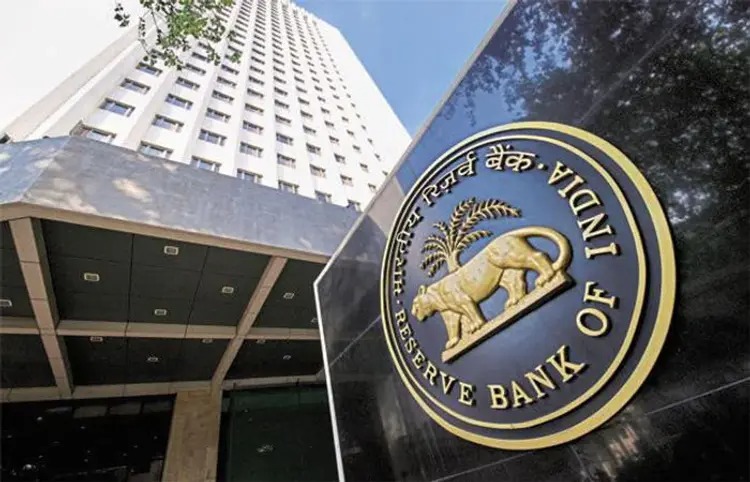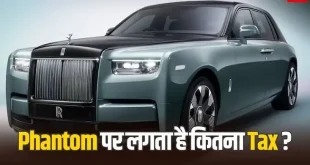
AHMEDABAD: The Reserve Bank of India is concerned over the growing trend of non-banking financial companies offering unsecured loans at interest rates up to 36 per cent to people with poor CIBIL scores. As a result, a new strict regulation has been drafted as well as seeking public opinion on whether or not to promote this type of lending.
Generally banks require a good CIBIL score to get a loan. This CIBIL score ranges between 300 to 900. A Cibis credit score of 900 is considered the best. CIBIL credit score of 750 is also considered good. By looking at this credit score, banks and financial institutions decide whether you are eligible for a loan or not. Companies or individual borrowers who are unable to repay the loan on time after taking loans from banks are turning to private lenders. This system of lending or lending is nowadays also known as crowd lending. Nowadays it is also known as peer-to-peer lending.
Peer-to-peer lending is an online lending platform. In this the lender shows the loan and the interest rate on it. There are many organizations active that offer this type of service. There is competition among them to get loan business. They provide loans to every customer who visits their online platform. Borrowers can proceed by accepting the best loan offer at various interest rates on the online platform. The borrower can take loan at the lowest interest rate. Thus, it is an easy way to get money for those who are unable to get loans from banks due to poor credit score or any other reason. Small businesses and individual borrowers who cannot get loans from banks are taking advantage of it. Even those with poor CIBIL scores can take advantage of this system. The lender is also getting the benefit of increasing the number of borrowers or borrowers from its investment portfolio. However, it also results in a higher probability of default.
In peer to peer lending system, lenders give loans to borrowers without any collateral. The interest income earned by the lender is also liable to income tax. Long term personal loans are provided. Mortgage loans are also provided. Auto loans, home loans and business loans are provided. The repayment basis of this loan depends on the repayment capacity of the borrower.
In peer to peer lending, defaulters are given a 30-day warning if they fail to repay the loan. Even after this, if he does not repay the loan amount, a legal notice is sent to him. Eventually the security officers reach his house. Apart from taking legal action against it, this responsibility has been entrusted to the agencies engaged in recovery. Credit agencies are informed when the loan amount becomes a non-performing asset. The credit bureau has been informed about this. The collection agency remains in touch with the borrower and continues efforts to recover the loan amount including interest and penalties. Along with this, the borrower will also be given information about what kind of steps he is preparing to take.
Due to the strictness of the Reserve Bank, the funding gap reduced to 35 percent.
RBI has been alerted to the fact that loans given to peer-to-peer lending agencies are moving towards an outdated bureaucratic system. The Reserve Bank has started putting pressure on peer to peer finance companies to remove several provisions to attract people to take loans. As a result, lending agencies are in trouble. Their existence is being questioned. The Reserve Bank has put brakes on peer-to-peer finance. Peer to peer financiers have access to Rs. There is a fund of more than Rs 10,000 crore. After the Reserve Bank put brakes on it, its fund has reduced by Rs 3500 crore. If someone comes to withdraw the money invested in it, instructions have been given to settle the money in a single day. Now the P2P lending system is on the verge of collapse. However, this system must be broken somehow. This has increased the possibility of the return of the old money lending system.
 look news india
look news india

